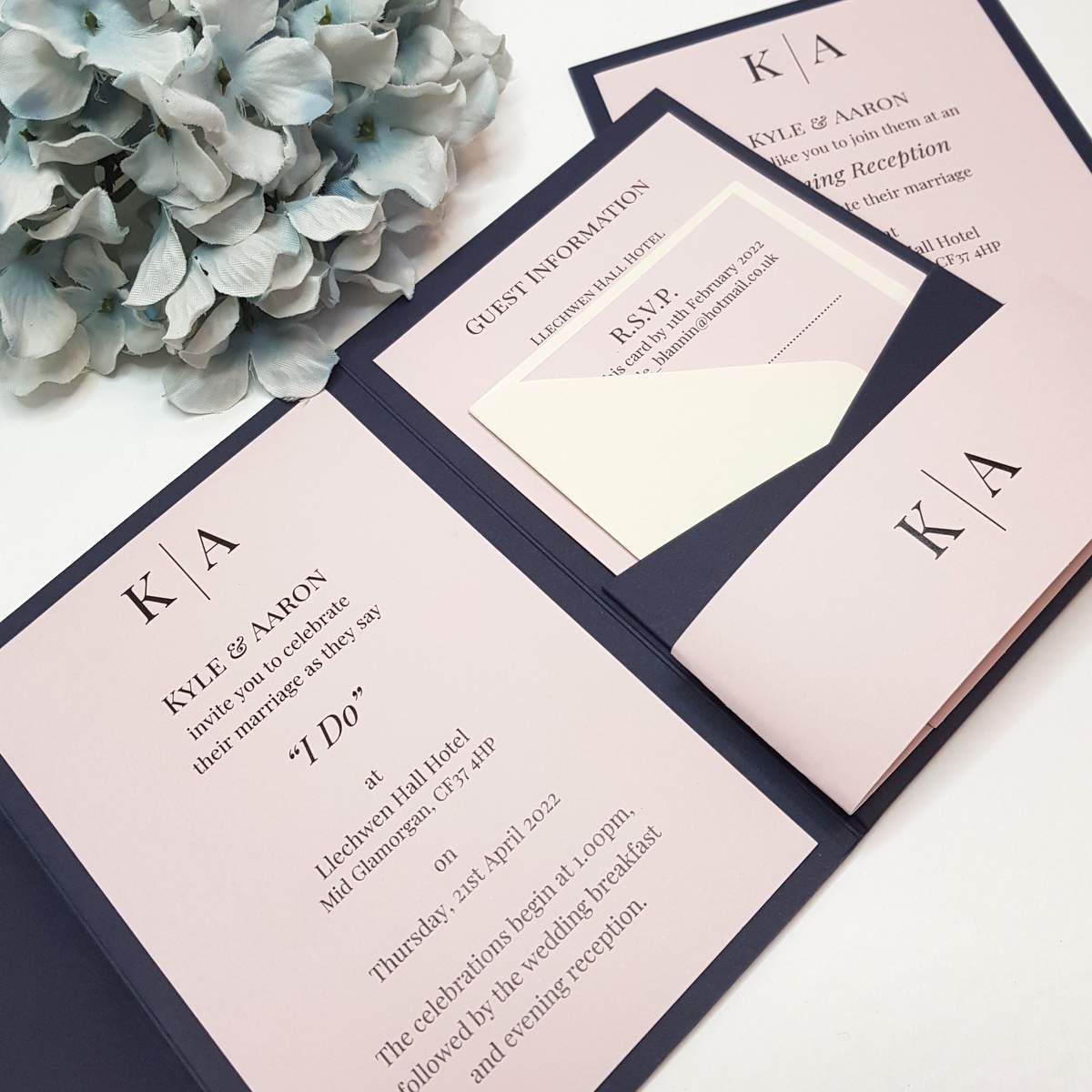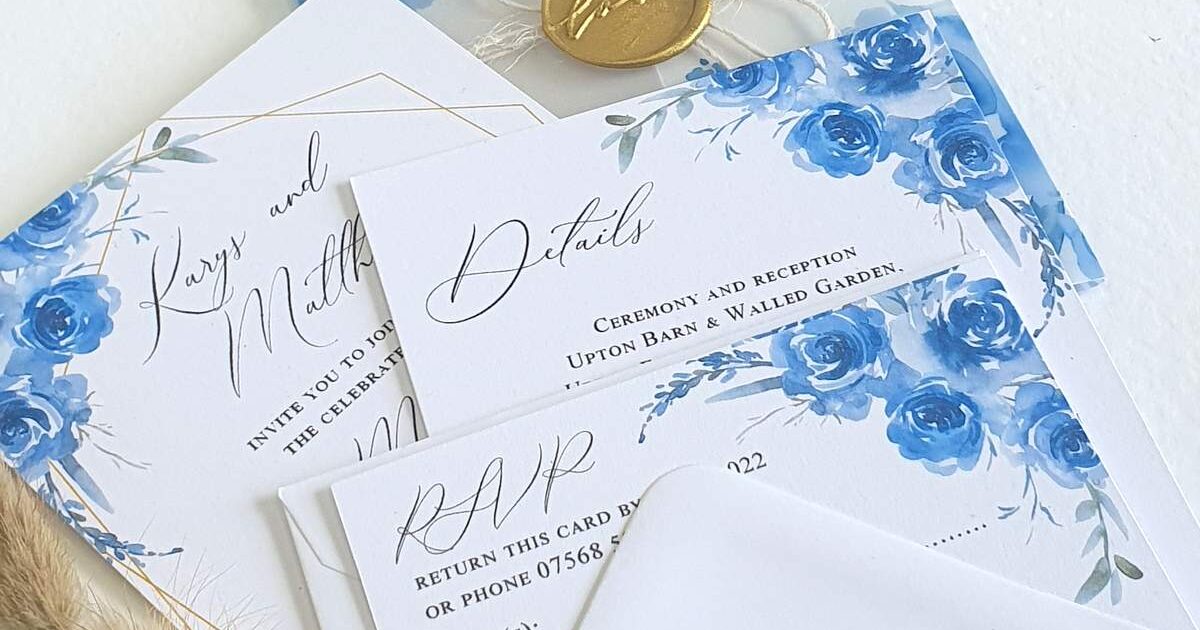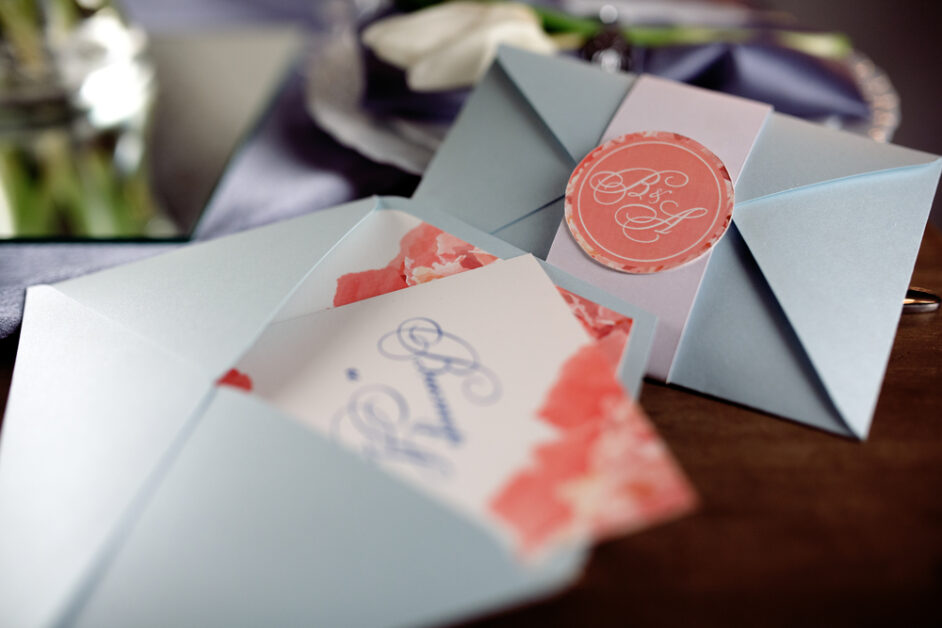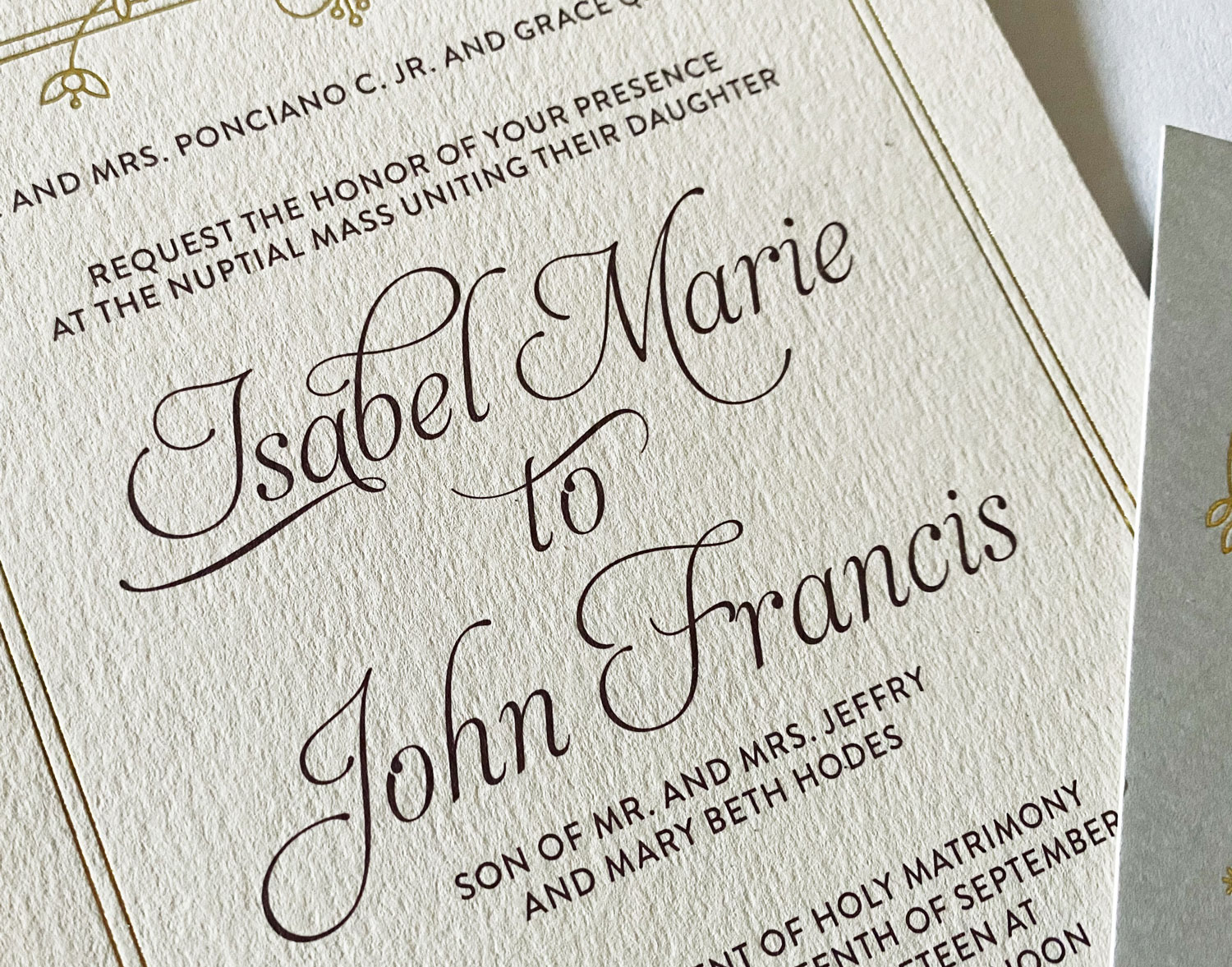I. Introduction

A. Importance of proper timing for sending wedding invitations
Sending wedding invitations at the right time is crucial for a successful wedding. By establishing the proper timing, couples can ensure that their guests have ample time to make arrangements and RSVP. It sets the tone and expectations for the wedding, creating anticipation and excitement among the guests.
B. Establishing the tone and expectations for the wedding through invitation timing
The timing of wedding invitations can give guests an idea of the formality, theme, and overall style of the wedding. It conveys the level of importance that the couple places on their guests’ attendance and allows them to appropriately plan their calendars for the event. The tone and timing of the invitations can set the stage for what guests can anticipate on the special day.
II. Determining the Ideal Timing
A. Factors to consider when determining the timing

- Wedding date and venue confirmation
Before sending out invitations, it is important to have a confirmed wedding date and venue. This ensures that guests are not notified of a wedding that might later be postponed or change venues.
- Destination wedding or out-of-town guests
If the wedding is a destination wedding or if a significant number of guests will be traveling from out of town, more advance notice is needed to allow guests to make necessary travel arrangements.
- Coordination with other wedding-related activities
Couples should consider the timing of other wedding-related activities, such as booking vendors, selecting bridal party attire, and planning pre-wedding events like engagement parties and bridal showers. These activities may influence the timing of when wedding invitations should be sent.
B. Standard timeline for sending wedding invitations
- Sending Save the Date cards
Save the Date cards should be sent around 6-8 months before the wedding. This gives guests ample time to mark their calendars, make travel arrangements, and plan accordingly.
- Sending formal wedding invitations
Formal wedding invitations should be sent out around 8-12 weeks before the wedding. This timeline allows guests enough time to RSVP and make any necessary arrangements, such as booking accommodations.
III. Save the Date Cards
A. Purpose and benefits of sending Save the Date cards
- Notifying guests of the upcoming wedding
Save the Date cards serve as a pre-invitation announcement, informing guests to reserve the wedding date on their calendars. It ensures that guests are aware of the wedding well in advance, allowing them time to plan and prioritize attending.
- Allowing guests to make necessary arrangements
By sending Save the Date cards, guests have the opportunity to make travel arrangements, request vacation time from work, and plan for any necessary accommodations or transportation. This gives them the best chance of attending the wedding and avoids any last-minute conflicts or scheduling issues.
B. Ideal time to send Save the Date cards

- Destination weddings or weddings with many out-of-town guests
For destination weddings or weddings with a significant number of out-of-town guests, Save the Date cards should be sent 6-8 months before the wedding. This provides guests with enough time to make travel arrangements and plan accordingly. It also gives them the opportunity to secure any necessary accommodations well in advance.
Proper timing for sending wedding invitations is crucial for a successful and well-attended wedding. It sets the tone and expectations for the event, allows guests to make necessary arrangements, and ensures a smooth planning process for the couple. Save the Date cards serve as an initial announcement of the wedding date and should be sent out 6-8 months before the wedding, especially for destination weddings or weddings with out-of-town guests.
IV. Formal Wedding Invitations
A. Purpose and components of formal wedding invitations
Formal wedding invitations serve as a more detailed and official invitation to the wedding. They convey essential information about the wedding, including the date, time, and location. Additionally, they may include RSVP cards and additional inserts with pertinent details for guests.
B. Ideal time to send formal wedding invitations
Formal wedding invitations should be sent out approximately 6-8 weeks before the wedding. This timeline gives guests enough time to plan and RSVP, while also allowing the couple ample time to finalize seating arrangements and other logistical details.
When planning a destination wedding or if the wedding falls during a holiday or popular vacation period, it is important to adjust the timeline accordingly. Destination weddings often require more time for guests to make travel arrangements, so invitations should be sent out even earlier to ensure guests have sufficient time to plan and book accommodations.
V. Additional Considerations

A. RSVP deadline
When sending formal wedding invitations, it is essential to set a reasonable response deadline for guests. This allows the couple to have an accurate headcount for catering and seating arrangements. A suggested response deadline is typically 2-3 weeks before the wedding date. This timeline allows for any necessary follow-up with guests who have not yet responded.
Setting an appropriate response deadline is crucial, as it gives the couple enough time to follow-up with guests who have not RSVP’d. It also allows them to make any necessary adjustments to the seating arrangements based on the final guest count.
B. Late additions to the guest list
It is not uncommon for couples to have late additions to their guest list after sending out formal wedding invitations. Whether it is due to unforeseen circumstances or new relationships, it is important to handle these situations tactfully.
If there are only a few late additions, couples can opt to send separate invitations to those guests. However, if there are multiple late additions, it may be more practical to utilize online RSVP options or to include a phone number or email address on the invitation for guests to inform the couple of their attendance.
By being adaptive and accommodating, couples can ensure that all guests feel welcomed and included in their special day.
In conclusion, formal wedding invitations play a vital role in conveying essential details about the wedding to guests. By sending them out approximately 6-8 weeks before the wedding, couples allow guests enough time to plan and RSVP. Additionally, setting a reasonable response deadline and handling late additions to the guest list tactfully are important factors to consider. By carefully considering these additional considerations, couples can ensure that their wedding invitations facilitate a smooth and enjoyable experience for both themselves and their guests.

